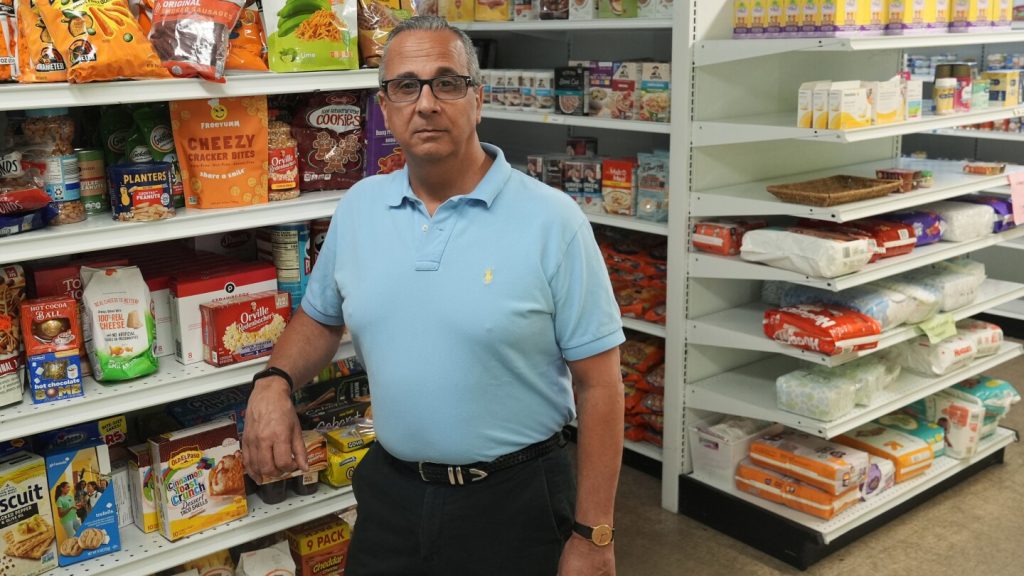In response to the tragic collapse of a condominium tower in North Miami in June 2021, the CEO of the Miami Foundation, Rebecca Fishman Lipsey, realized the need for a more effective crisis response system. Traditional methods of dispersing funds, which involved filling out applications and waiting weeks for approval, were not suitable for immediate emergencies. Fishman Lipsey envisioned a scenario where quick action was necessary, especially in the face of climate disasters. To address this, the Miami Foundation created the Miami Disaster Resilience Fund, a permanent fund that could provide support to non-profits before, during, and after disasters.
By establishing a permanent fund, the Miami Foundation can issue grants as soon as hurricane season begins and respond promptly if a disaster strikes. The fund grows through investments and remains available until needed. This proactive approach allows for quicker and more efficient allocation of resources. With the increasing frequency and intensity of climate events, community foundations are being called upon to aid in crises more often. Permanent funds like the Miami Disaster Resilience Fund enable foundations to be prepared for disasters and direct funds towards preparation, potentially saving lives and reducing overall costs.
As the United States faces a record number of disasters with damages exceeding $1 billion, there is a growing need for philanthropic entities to adopt new strategies and be more proactive in disaster response. Patty McIlreavy, president and CEO of the Center for Disaster Philanthropy, emphasizes the importance of setting money aside for disasters and exploring different funding approaches. Being prepared ahead of time can help mitigate the impact of disasters and support communities in their recovery efforts.
The Miami Foundation plans to issue proactive grants on the first day of hurricane season to support programs educating residents on preparation and evacuation procedures. In partnership with various organizations, the foundation will provide necessary supplies like sandbags and tarps. By having resources readily available, the foundation can swiftly respond to emergencies and provide assistance when needed. Other community foundations, like the Community Foundation Martin-St. Lucie in Stuart, Florida, are also establishing permanent disaster funds to enhance their crisis response capabilities.
Community foundations like the Community Foundation Martin-St. Lucie are forming partnerships with local nonprofits to ensure quick and effective aid delivery during disasters. By creating agreements ahead of time, these organizations can streamline the process and provide essential services like food, medicine, and housing assistance immediately after a storm. The support from disaster relief funds allows organizations like House of Hope to distribute hurricane kits to their clients and offer financial assistance for necessities like medical bills and rent. With proper planning and resources in place, these organizations can serve their communities effectively and efficiently during times of crisis.
Overall, the shift towards proactive disaster response by community foundations highlights the importance of preparedness and collaboration in addressing emergencies. By establishing permanent funds and building partnerships with local organizations, these foundations can improve their ability to respond quickly and support communities in times of need. With the threat of climate disasters looming, adopting innovative strategies and investing in disaster resilience can make a significant difference in saving lives and rebuilding communities affected by disasters.


